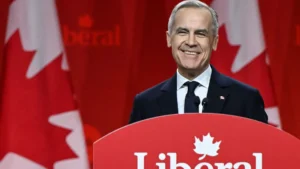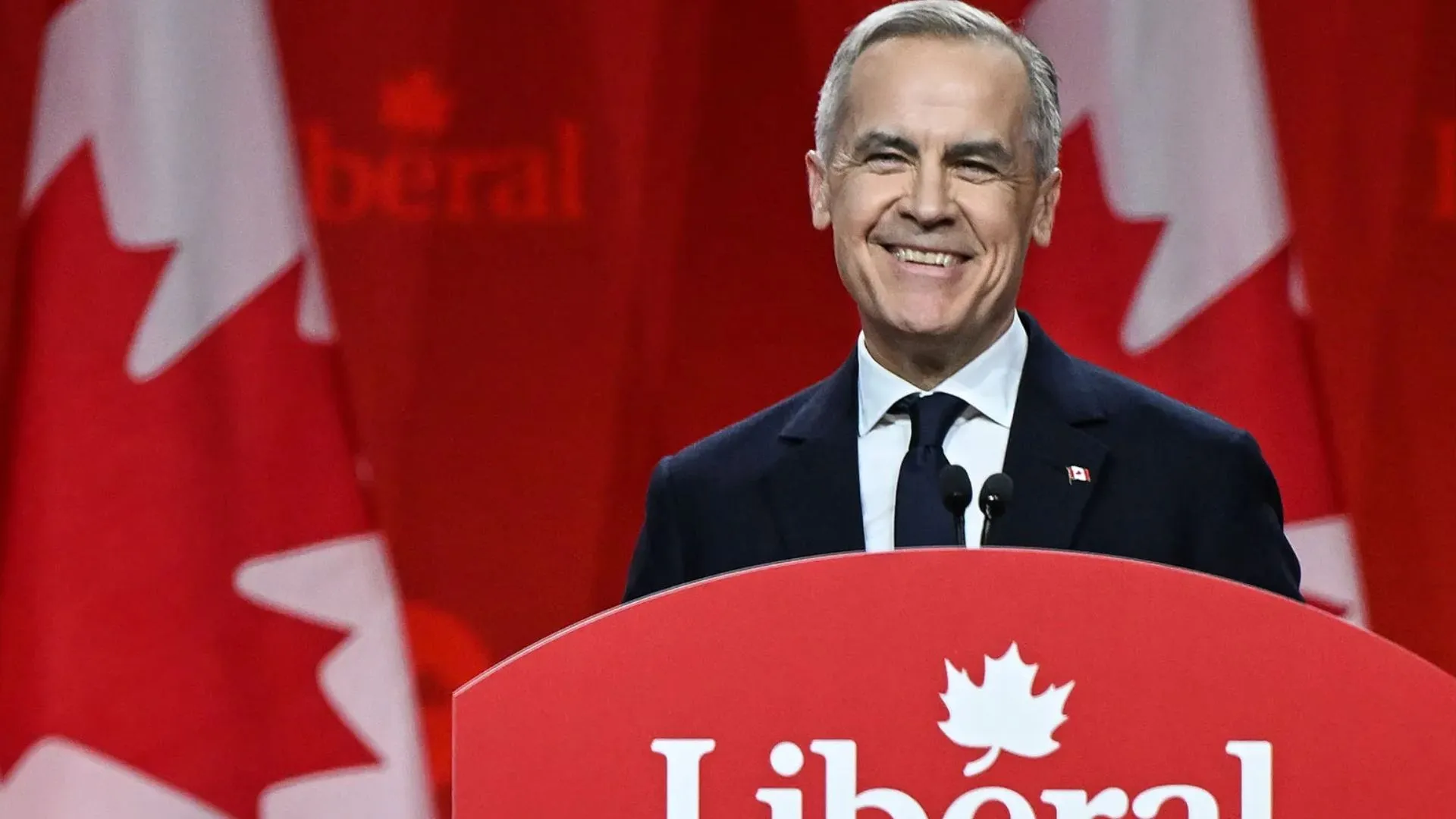Revenue Secretary Sanjay Malhotra announced on Thursday that the government is developing a revised direct tax code, which is expected to be released within six months for broader consultations.
Speaking at an interactive session with industry leaders organized by the Federation of Indian Chambers of Commerce and Industry (FICCI), Malhotra outlined the government’s commitment to a collaborative approach in tax policy. “We will have a consultation process, the details of which will be finalized soon. We aim for a collaborative approach to implementation,” he said.
Malhotra emphasized the government’s intention to streamline the tax process, making it hassle-free and transparent. “Our approach has always been and will continue to be collaborative, not confrontational. Our goal is to collect taxes efficiently while maintaining respect and trust from taxpayers, ensuring a smooth process,” he added.
The Revenue Secretary highlighted key themes from the Union Budget 2024-25, noting efforts to simplify the tax process. On the indirect tax front, he mentioned the abolition of angel tax, decriminalization of laws, and reductions in duties as beneficial for the industry.
Ravi Agarwal, Chairperson of the Central Board of Direct Taxes, highlighted the benefits of the new tax regime with revised slabs and rates, noting that around two-thirds of taxpayers are now using the new system. He also emphasized the rationalization of capital gains taxation across different asset categories.
Sanjay Kumar Agarwal, Chairperson of the Central Board of Indirect Taxes and Customs, discussed the need for simplified taxation and rationalized rates to enhance supply chains and maintain global competitiveness.
Former FICCI President Harsh Pati Singhania praised the budget for addressing both immediate challenges and long-term goals. “This budget is growth-oriented and inclusive, creating opportunities for all segments of society,” Singhania said.
Singhania also noted that while the introduction of the Vivad Se Vishwas scheme for direct tax disputes is a positive step, a similar scheme for resolving customs disputes would significantly reduce litigation and improve the ease of doing business.
(With ANI Inputs)





















